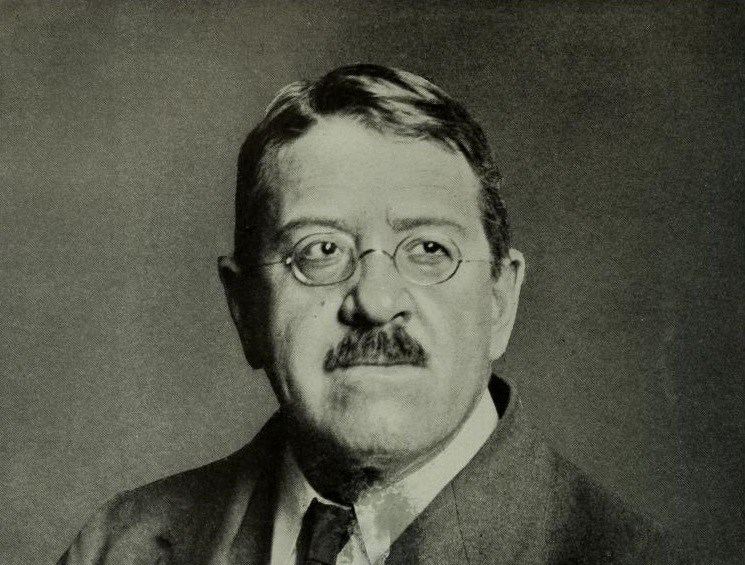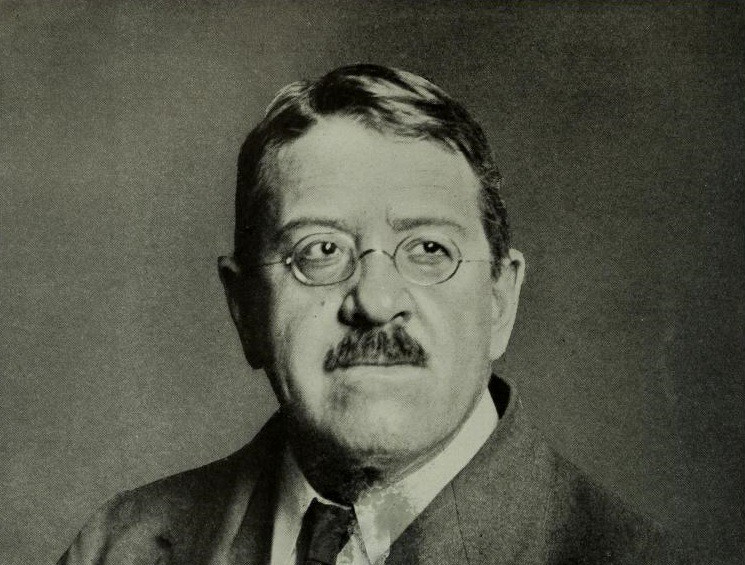On writing to the audience
In my years of working in museums I’ve gotten quite a few letters from members of the public looking for information. They run the gamut from students doing school projects to complaints and praise about exhibitions to downright strange. I’ve gotten letters from elderly shut-ins, prisoners, and folks looking for confirmation for their elaborately described theories about aliens in Egypt or the Knights Templar. I try to respond to all but the most bizarre, but especially those written by children. The impact of personal contact may impossible to quantify, but it keeps me grounded. You never know what acts are going to make a difference.
One of the other things I love about working in museums is the endlessly fascinating stuff you find in the course of research. I recently rediscovered one of my all time favorites that combines the two. It is a letter written in 1920 by George A. Reisner, a famous Egyptologist to the nine year old son of a friend. And since the Universe seems to have a sense of humor, that young American boy who was interested in ancient Egypt was called Henry Junior, just like Indiana Jones.
Like Indy, he also didn’t go by his given name. Seventy years later, I had the honor of working with him briefly, mounting a retrospective exhibition of his career, a career as illustrious and as dangerous as Indy’s, though with fewer supernatural entanglements. I didn’t encounter this letter until after Henry Bradford Washburn, Jr., “Brad” to the world, had left the museum he had founded, some twenty years after he officially retired. I don’t know what effect it had on him and his career choices, but looking at his life’s work, it’s hard to imagine that this letter didn’t play a part in luring Brad out into the wide wild world.
So, without further ado,
Harvard Camp,
Pyramids P.O., Cairo.
April 22, 1920.My dear Henry Junior,
You will pardon my not answering your letter sooner. It came to me at Gebel Barkal in the Sudan when I was struggling so hard to get “some curios” for the Boston Museum that I had to chuck all my private letters in a heap to be answered when I got back to the Pyramids Camp. Day before yesterday, I arrived here after a four days trip from about a thousand miles up the Nile and after resting yesterday I am now clearing up the heap of letters I brought down with me.
I wish I could be of some help to you in your plans for making a pyramid; but antiquities nowadays are very hard to get and difficult to send to America. Moreover I have none of my own. You see there have been so many funny stories told about archaeologists who had private collections or who let their families have private collections and I hate so to be laughed at that I never dared own any antiquities. However I will send a note of your needs to an American acquaintance of mine in Cairo and will ask him if he can help you. His name is Mr. Blanchard. I do not know whether he can do anything, but if he can he will.
If you want to see what the pyramids look like from the doorway of my office where I am writing this note, you go to the Boston Museum, ask for Mr. Story and request him to show you the painting of my camp by Mr. J. Lindon Smith. It is a very good picture indeed which Mr. Lindon Smith gave me for a present and it is now in my office in the museum in Boston.
I will tell you something about camels. You sit on a very curious saddle made of crossed pieces of wood with a leather seat and a sheepskin with the wool on thrown over the whole. It is not very comfortable. There are no stirrups in real camel saddle but only a piece of wood like a chair leg which sticks up in front of the saddle and you wind one leg around that pi and put the other leg over it to hold it fast. That keeps you from falling off. You do not fall off when the camel trots but on a long journey when the camel only walks people go to sleep and then perhaps they wake up on the ground with a jolt. A camel is not a very nice beast for he hates everybody and everything and never seems happy except when he is free of all harness and gingerly picking leaves off a thorn bush with his long leathery lips. The Arabs say if you let a camel put his nose in your tent, he will bring the rest of himself in and lie down on your bed. So beware of camels. And when you draw one always make a line across his legs so that he can not come alive and annoy you. That is magic and magic as old as the pyramids. I dare say your father will tell you there is no magic but then he has always lived in a house. Nowadays people who live in houses never find out about magic. That is why I do not like living in a house myself. It is too lonely.
Give my salâms to your father,
Your sincerely,
[Signed] G. A. Reisner
The power of passion

The letter is obviously written in response to a lost letter from Henry Junior asking about help on building his own pyramid, getting some trinkets, and camels. I am enchanted by Reisner’s response because he doesn’t try to push archaeology at the boy, but makes abundantly clear the joy of living a life doing what he relished. I love this letter so much! It is so obviously written for a child, but without any of the condescension you might expect to find, particularly from a busy, industrious field archaeologist like Reisner, who by 1920 had been Director of the Harvard/Museum of Fine Arts Expedition excavating in the great necropolis of Giza for twenty years, a position he held until his death in 1942.
The letter is a perfect example of the sentiment voiced in a quote often attributed to the French writer Antoine de Saint-Exupéry,
“If you want to build a ship, don’t drum up people together to collect wood and don’t assign them tasks and work, but rather teach them to long for the endless immensity of the sea.”
It’s a little master class in communicating with a lay audience. In one page, the letter paints a moving portrait of the rigors of life in the field. It frames a thorny ethical issue in terms a nine year old could grasp without being polemic or doctrinaire. Reisner’s description of the Arab saying about camels explains without passing judgement or engaging in cultural comparison. And the end of the letter, where one of the pioneers of scientific field archaeology, a man noted for his intellectual rigor and carefulness, talks about magic and the loneliness of living in houses? It still kills me every time I read it. The colleagues at the MFA who first showed me the letter told me that Reisner was still remembered for the fact that though he was curator of Egyptology for decades he would go years without ever setting foot in the Museum, let alone his office.
I like to imagine the 53 year old Reisner, by then a stout, solid looking academic, sitting in his office in Giza. He’s smoking his pipe, thumping away on his manual typewriter, looking out the door at the enormous blocks at the base of the pyramid, trying to think of the right things to write. What will speak to a young boy? How to answer his request for trinkets in a way that impresses upon him the issues surrounding the antiquities trade? How to capture the joy of doing what you love without sounding too preachy (Henry Sr. was dean of the Episcopal Theological School)?
And he types, and puffs, and types more until he’s at the bottom of the page, signs it and adds it to the pile of outgoing correspondence. And probably forgets about it. And sometime later, a child in Cambridge who’s probably never seen a camel reads the letter. And keeps it, eventually giving it to the museum Reisner worked so long for. I don’t know if Henry Junior ever did go ask for Mr. Story to show him the painting of Harvard Camp, but I’d like to think he did, and saw the office with the empty desk and unused chair and remembered how people who lived in houses forgot about magic.

That letter is really great! Thanks for posting it.
LikeLike
Thank you Mr. Rodley for these reminders! It is fun to speculate how Brad was influenced by this letter.
LikeLike